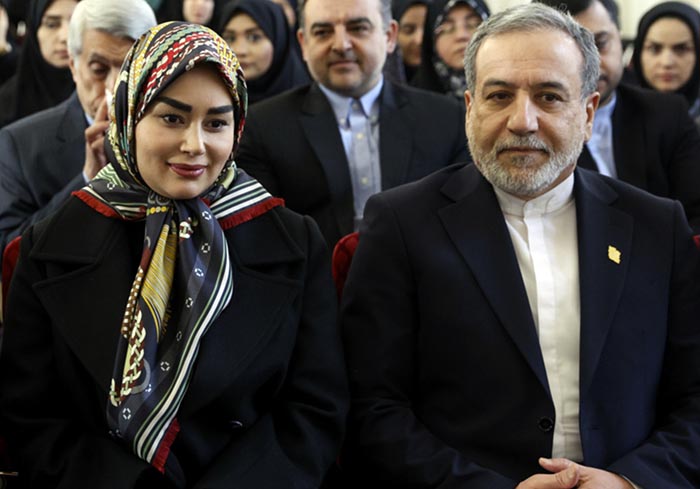More stories
ELLE Arabia Exclusive: Negin Mirsalehi – The Beauty Mogul Redefining Middle Eastern Heritage and Honey-Based Skincare
Introduction In the world of beauty and skincare, authenticity, heritage, and innovation are the new currency. Among the many inspiring … Continue reading ➝
Camelia Entekhabifard: Influential Journalists Making Their Mark at the Red Sea International Film Festival 2025
Introduction The Red Sea International Film Festival 2025 in Jeddah, Saudi Arabia, continues to be a vibrant hub for cinematic … Continue reading ➝
Transport Motorbike Training: Empowering Women Through Safe Riding Education
Introduction In recent years, Iran has experienced a transformative shift in its transportation landscape, driven by urbanization, economic development, and … Continue reading ➝
Peyman Maadi and Daughter Baran Maadi Shine at the 22nd Marrakech International Film Festival
Introduction The 22nd Marrakech International Film Festival (MIFF) took place in the vibrant city of Marrakech, Morocco, from December 4 … Continue reading ➝
The Exclusive Sight: Abbas Araqchi with His Young Wife at a Women’s Ceremony
Introduction In the complex world of Iranian politics and diplomacy, moments that blend personal life with public appearances often become … Continue reading ➝





